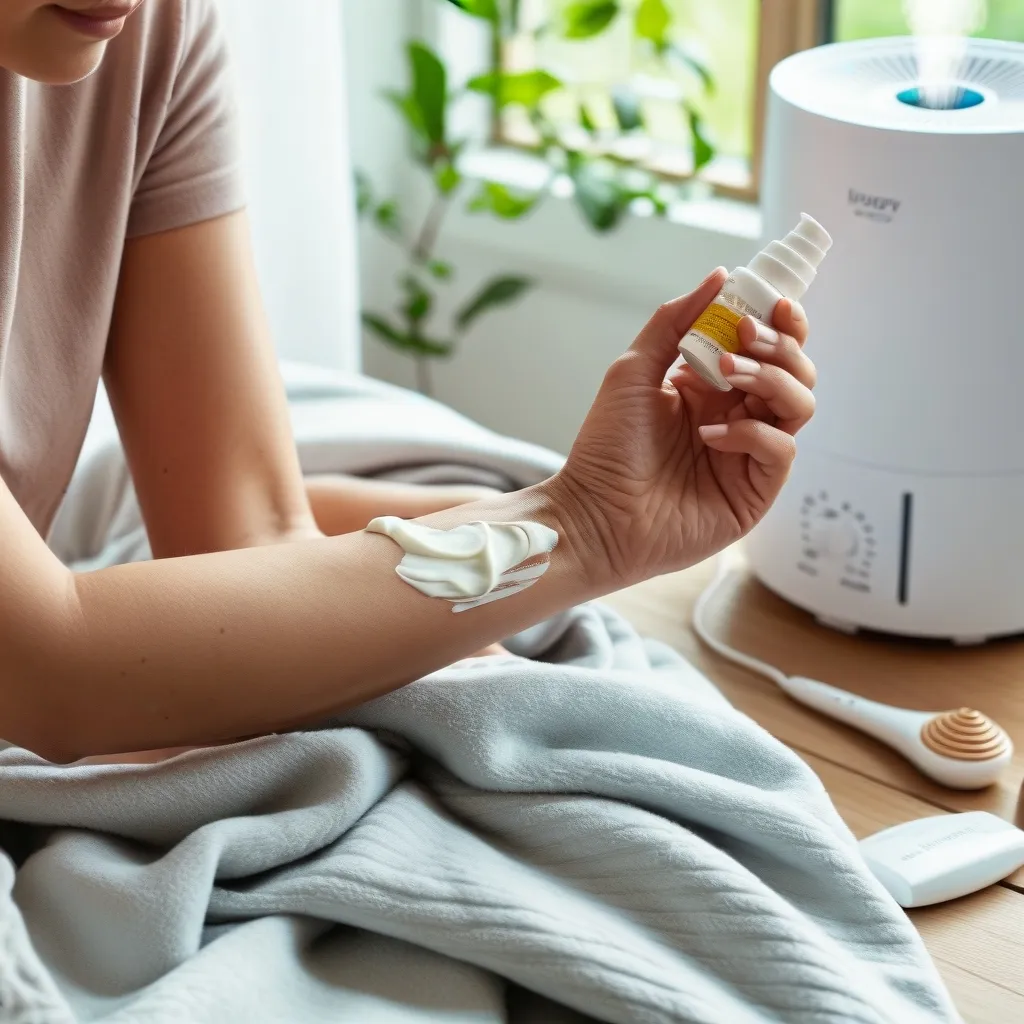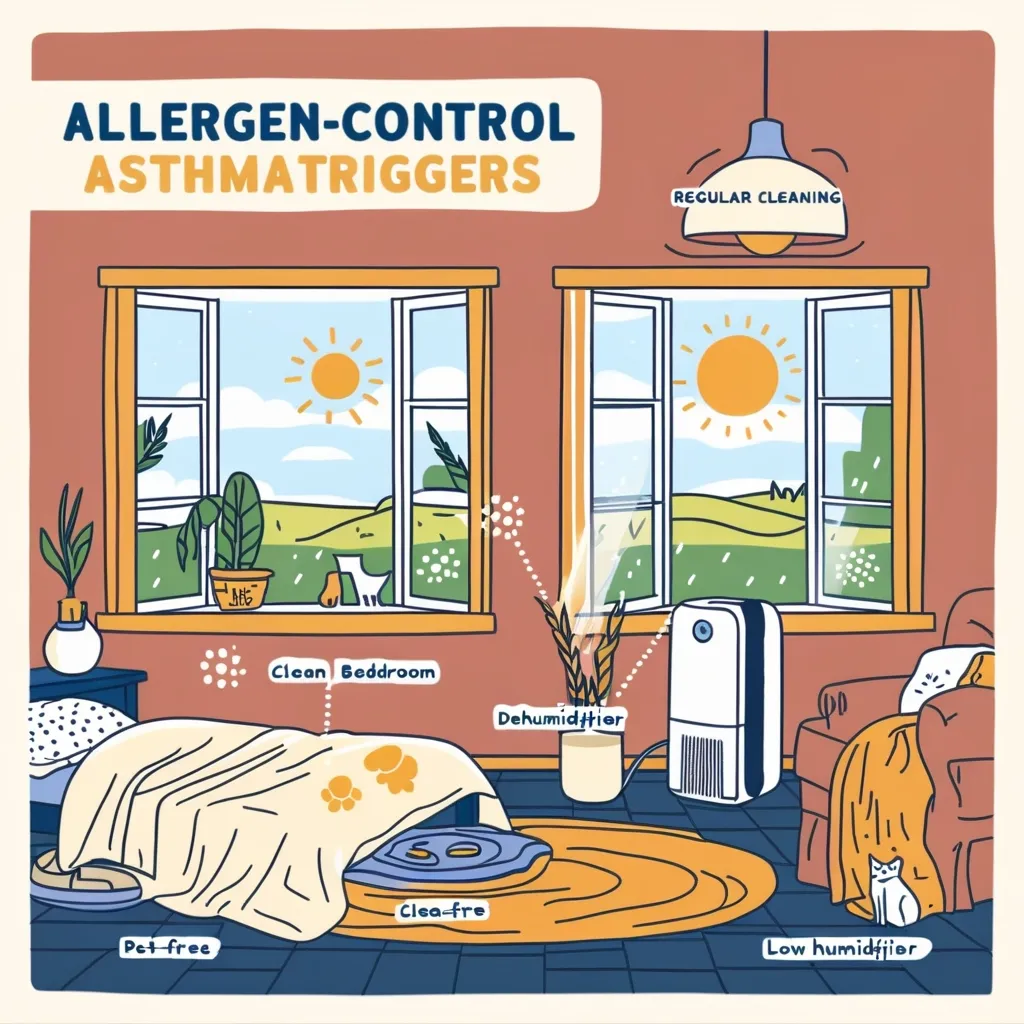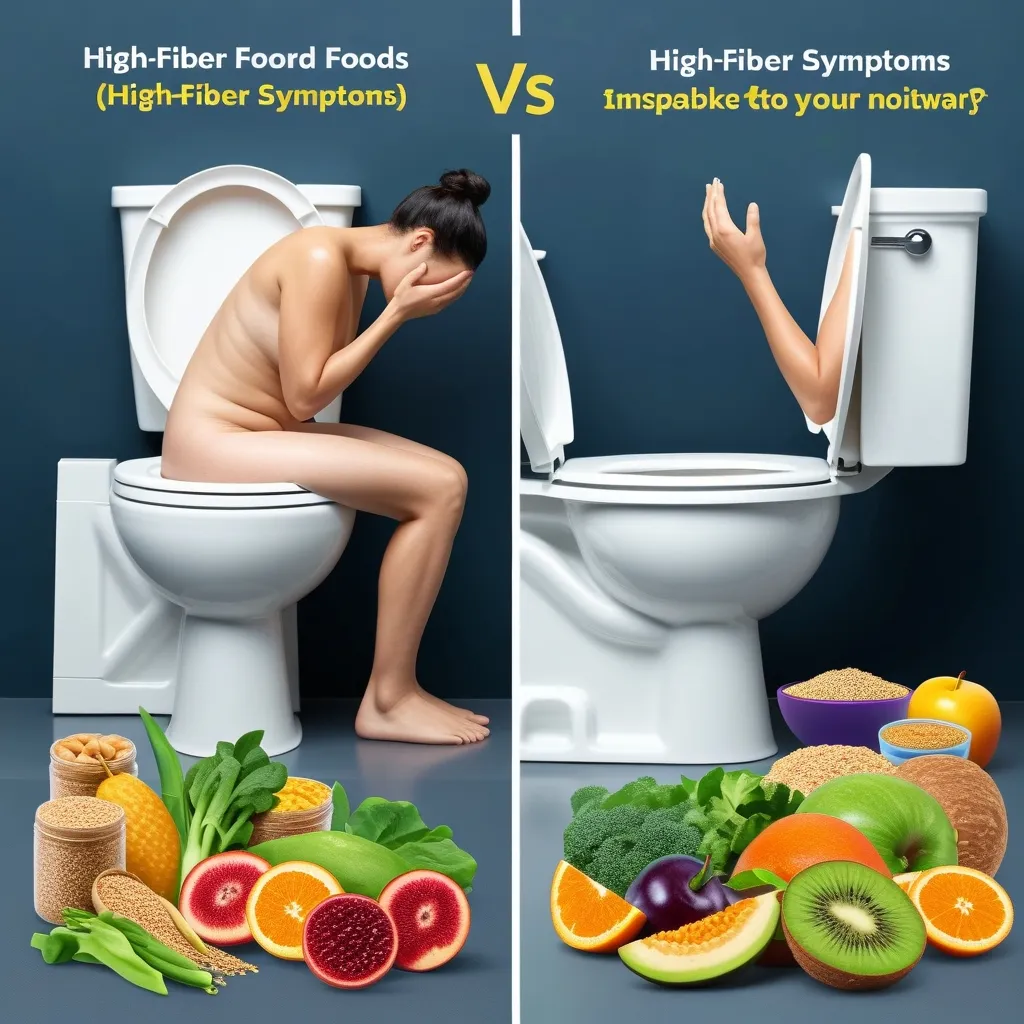Ezcema Unwrapped: Managing Life with Itchy Skin
Eczema, a.k.a atopic dermatitis, is this chronic skin thing that totally messes with people worldwide. Imagine dealing with intense itching, red skin, and some seriously dry patches. It’s not just annoying; it affects how folks live their everyday lives. So, wrapping our heads around what causes it, spotting the symptoms early, and knowing how to treat it can make a world of difference.
What’s the Deal with Eczema?
Eczema isn’t just some random skin issue. It’s an intricate dance of genes, environment, and your immune system. This thing often shows up when you’re just a kid, although adults aren’t safe from its reach. The main drama happens because eczema messes with your skin’s barrier. This makes your skin way more open to irritants and allergens than it should be. When that barrier is down, you get flare-ups, which is when everything gets worse.
Eczema in All Its Itchy Glory
Eczema isn’t a one-size-fits-all condition. The symptoms can look different from one person to the next. But, most people deal with itchy, dry, inflamed skin. The color of the affected areas can range from red to pink to purple, depending on who you are. This annoying rash shows up pretty much anywhere but loves to set up camp on hands, feet, face, and those pesky inside areas of elbows and knees.
When things get really bad, the itchiness can become almost unbearable. Scratching, although it feels fantastic in the moment, actually does more harm than good – leading to more damage and even infections. In the worst cases, tiny blisters pop up and may start to weep, signaling a bacterial infection, usually thanks to Staphylococcus aureus.
What Causes Eczema?
You can’t catch eczema from someone, but a big factor is genetics. If your family tree includes eczema, asthma, or hay fever, your chances of experiencing this skin rebellion are higher. Besides your DNA, environmental stuff ramps things up too. Pollution, smoke, perfumes, and certain soaps or lotions can make your skin freak out.
Weather changes don’t help either. Cold, dry winters or super hot summers can make symptoms worse. Lifestyle choices count too, like staying up all night Netflix-binging or indulging in a few too many drinks. All this can turn your skin’s inflammation up to eleven.
How Do You Deal With Eczema?
There’s no magic pill to make eczema vanish. But there are ways to keep it in check and make life a little easier.
Moisturizers: These are your go-to. Moisturizers, or emollients, keep skin hydrated, fights off dryness, and reduce itchiness. Use them every day without fail, and try to lather up right after a shower. It might take some experimenting to find the right one for you, but it’s so worth the effort.
Topical Corticosteroids: These are anti-inflammatory creams that calm down swelling and redness. They come in different strengths, so you start with the milder stuff and only go stronger if you really need it. Follow your doc’s advice here to avoid issues like skin thinning.
Extra Help: If your eczema gets out of hand or appears in sensitive areas, there are other options. Medications like topical pimecrolimus or tacrolimus can be super helpful. Antihistamines come to the rescue for that intense night-time itching. Sometimes, bandages or special body suits are used to give the skin a chance to heal without you scratching it to bits.
Healthy Habits: Simple changes can make a big difference. Avoid irritating soaps and synthetic fabrics. Stick to lukewarm baths – hot showers are a no-go. A humidifier can help keep your skin from drying out, especially in the winter. And seriously, resisting the urge to scratch is huge. Easier said than done, but essential.
Advanced Treatments: For hardcore cases, more serious treatments might be necessary. Phototherapy exposes you to UV rays in a controlled way to help fix your skin. Oral meds like systemic corticosteroids or immunosuppressants could be prescribed but should be taken under close watch from a healthcare pro because of potential side effects.
Keeping Eczema in Check at Home
Taking care of yourself is a big part of handling eczema efficiently. Here are some real-life, super practical tips that can come in handy:
- Moisturize all the time. Seriously. Do it three times a day at the very least.
- Use gentle, fragrance-free cleansers, which are better than regular soaps.
- Keep your skin hydrated by using a humidifier in dry places.
- Know and avoid your triggers like they are the plague.
- Scratching is the enemy, so keep those nails short and consider wearing gloves at night.
- Drink up! Water, that is. It helps keep your skin hydrated from the inside.
Dealing with Flare-Ups
When eczema attacks, you need to step up your game:
- Increase how often you’re moisturizing.
- Stick to your prescribed topical treatments religiously.
- Be extra vigilant about avoiding stuff that sets off your eczema.
- Stay cool – heat tends to make itching worse.
Calling in the Experts
If things get out of control or flare-ups are frequent, seeing your healthcare provider or a dermatologist is a smart move. They can tailor advice and treatments to your situation. Starting treatment early can improve your overall management strategy and make your life a lot better.
Eczema might be a tough nut to crack, but it’s not unbeatable. With the right treatments and some smart lifestyle adjustments, you can keep it under control. Understanding what’s going on with your skin, knowing the symptoms, and finding what works for you can help you manage this journey a lot better. So, here’s to smoother, itch-free days!






